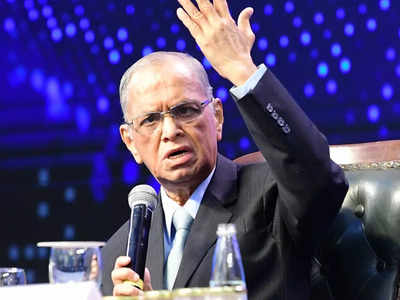Union Commerce and Industry Minister Piyush Goyal, during an interactive session with industry leaders in Bengaluru, announced a set of major policy initiatives aimed at fostering innovation, generating employment, and strengthening India’s startup and tech ecosystem.
Goyal highlighted that the Union Cabinet, under the leadership of Prime Minister Narendra Modi, has recently cleared schemes worth over Rs 3 lakh crore.
“We have approved a Rs 1 lakh crore scheme to promote research, development, and innovation. Additionally, there’s a Rs 2 lakh crore incentive programme focused on employment generation, along with various other schemes for skill development and internships,” Goyal was quoted speaking to ANI.
These initiatives, he said, are designed to nurture startups, technology-based industries, and the manufacturing sector.
While praising Bengaluru’s role in India’s technological revolution, the minister called the city’s deep-tech and startup ecosystem “a jewel in the crown.” He praised the work being done by global capability centres and tech entrepreneurs based in the city.
“I believe the deep-tech industry and startup ecosystem here in Bengaluru are doing phenomenal work. It’s something we’re truly proud of,” he added.
While addressing national security concerns, Goyal also responded to attendees who praised the government’s swift response through Operation Sindoor following a recent terrorist attack. He described the attack as not only a threat to national security but also a strike against India’s economic aspirations and sovereignty.
“I was pleased to hear appreciation for the government’s response through Operation Sindoor. The attack was not just against security forces—it was an attack on India’s economic progress, integrity, and sovereignty,” he said.
Earlier, Goyal made a strong statement, asserting that India never finalizes trade deals based on deadlines, as its national interests are more important. He also stated that India is in no hurry to sign any trade agreement with the United States until a “mutually beneficial” understanding is reached with all the stakeholders and it could be a win-win situation for the two countries.




















